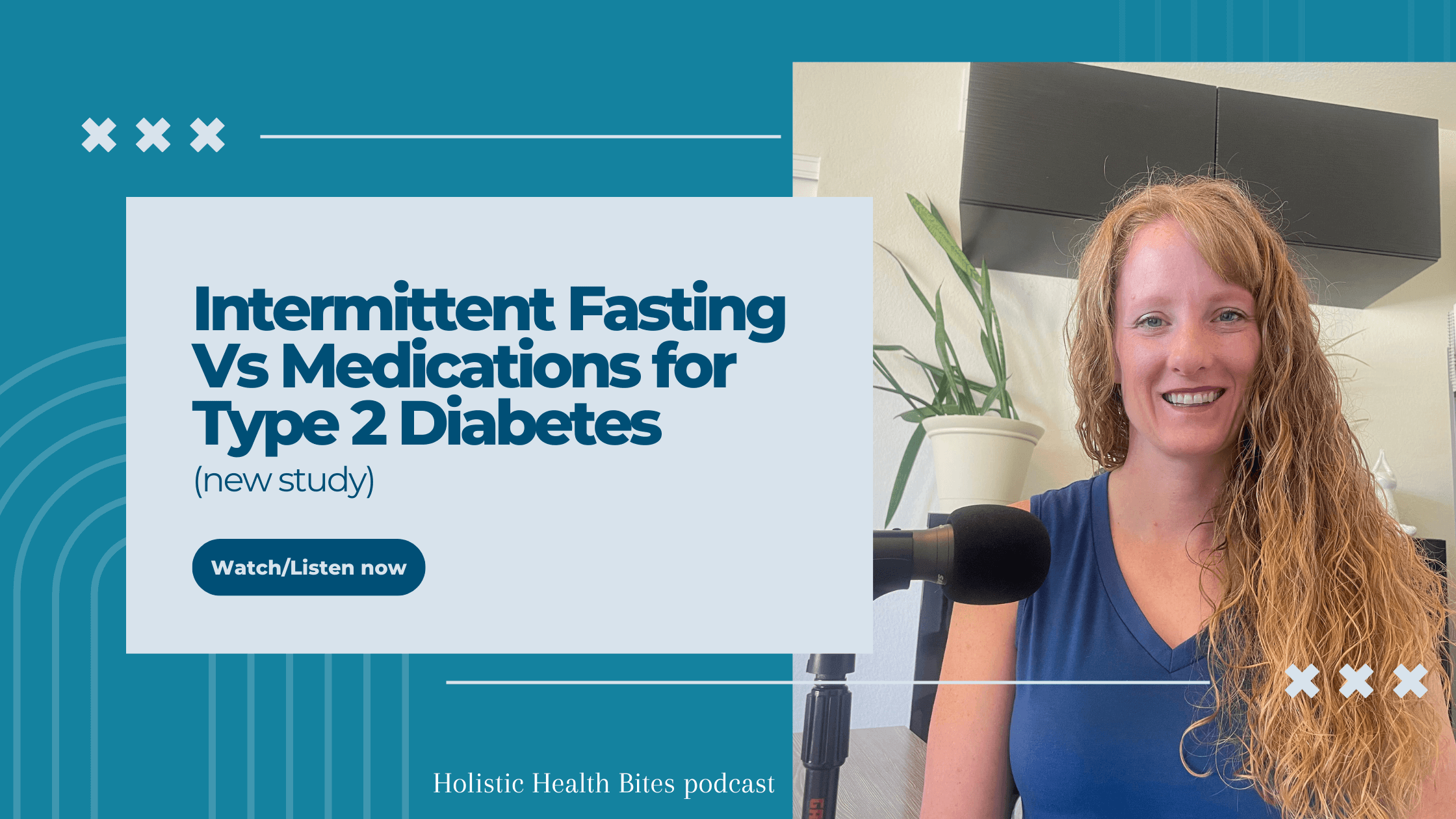Insulin resistance and obesity are closely intertwined health issues that are becoming more widespread. Insulin resistance not only promotes weight gain but also disrupts normal metabolism and increases the risk of various metabolic disorders such as type 2 diabetes, cardiovascular disease, and fatty liver disease from non-alcoholic sources. Addressing these conditions requires a holistic approach considering lifestyle factors including nutrition, physical activity, sleep, stress management, toxin exposures, and possibly genetic predispositions.
The primary drivers of insulin resistance include poor dietary habits, lack of physical activity, hormonal imbalances, and high-stress levels. Diets high in processed foods, refined carbohydrates, and added sugars can lead to increased insulin release and inflammation, while regular physical activity, particularly strength training, can improve insulin sensitivity. Adequate sleep and stress management techniques like mindfulness, meditation, and therapy also play a crucial role in regulating metabolism and minimizing insulin resistance.
Effective management and prevention strategies for insulin resistance and weight gain focus on reducing simple and refined carbohydrates, incorporating quality proteins and healthy fats, and maintaining regular physical activity. Comprehensive blood chemistry panels and other specific lab tests can identify underlying issues that contribute to these conditions. Personalized nutrition and fitness plans, tailored to individual health factors and lifestyle, are essential for successful long-term management and improved metabolic health.
Read more...
Achieving ideal metabolic health requires following a methodical, step-by-step process. The journey begins by focusing on liver, detoxification, and gut health. These systems are crucial for processing nutrients, filtering toxins, and supporting immune function. Symptoms like constipation, skin issues, and inflammation indicate that detox pathways may need attention. The initial phase involves cleansing the digestive tract with quality nutrients while avoiding stressors like alcohol and refined sugars. By doing so, you spark metabolic function and reduce inflammation.
Next, it's essential to "feed the metabolic fire" by adjusting food combinations and increasing nutrient intake, especially for those with a history of dieting. This phase focuses on muscle building, hormone regeneration, and overall tissue repair, supported by a protein-rich and diverse diet. While exercise can be moderately increased, the focus remains on healing and reducing stress.
The final stages involve fine-tuning body composition and fasting. Balancing blood sugar, insulin, and sex hormones prepare the body for targeted fat loss and muscle gain, while proper nutrient plans are introduced. Lastly, various types of fasting can help break food addictions, repair cells, and improve immune function, culminating in a sustainable, healthy metabolic state.
Read more...Next, it's essential to "feed the metabolic fire" by adjusting food combinations and increasing nutrient intake, especially for those with a history of dieting. This phase focuses on muscle building, hormone regeneration, and overall tissue repair, supported by a protein-rich and diverse diet. While exercise can be moderately increased, the focus remains on healing and reducing stress.
The final stages involve fine-tuning body composition and fasting. Balancing blood sugar, insulin, and sex hormones prepare the body for targeted fat loss and muscle gain, while proper nutrient plans are introduced. Lastly, various types of fasting can help break food addictions, repair cells, and improve immune function, culminating in a sustainable, healthy metabolic state.

The ketogenic diet is renowned for its health benefits but is often misunderstood and misapplied, leading to skepticism and claims that it doesn’t work. When correctly implemented, keto is a low carbohydrate, moderate protein, and higher fat diet tailored to individual needs. However, it does not include “keto” snacks and packaged foods but focuses on quality proteins, healthy fats, and non-starchy vegetables to achieve metabolic health benefits.
Challenges in realizing the benefits of keto can stem from not achieving ketosis, not seeing expected weight loss, or experiencing adverse symptoms. Failure to enter ketosis may require stricter adherence to low carb intake and proper adjustment periods, particularly for those with long-term metabolic disorders. Weight loss stalls might need recalibration of macronutrient ratios or an examination of body composition rather than weight alone, while new symptoms could indicate other health issues or nutrient imbalances requiring detailed investigation.
To ensure the ketogenic diet works effectively, it’s crucial to assess all potential factors meticulously. Reviewing every food label for artificial sweeteners and additives and considering underlying health conditions can prevent disruptions in ketosis. A well-formulated keto approach should be seen as a long-term commitment to metabolic health rather than a quick-fix weight loss solution.
Read more...
New research suggests that imbalances in the gut microbiome could be contributing to obesity. A comprehensive meta-analysis of 15 studies examining fecal samples from 3,329 people found significant differences in microbial species and metabolic pathways between obese and non-obese individuals. These alterations, including a reduction in short-chain fatty acid-producing microbes and a shift in the firmicutes-to-bacteroidetes ratio, can disrupt metabolism, fat production, and hunger signals, potentially leading to overeating and chronic inflammation.
The gut-brain axis plays a crucial role as well; improper signals from the gut to the brain can result in persistent hunger and cravings, despite adequate nourishment. Alterations in the gut microbiome can also lead to leaky gut syndrome, impairing immune function, increasing inflammation, and contributing to insulin resistance. Moreover, environmental toxins and ultra-processed foods can exacerbate these issues by damaging the intestinal lining and altering body fat production mechanisms.
Addressing these gut imbalances can range from dietary changes and lifestyle adjustments to medical procedures like fecal transplants. Many individuals see significant improvements in health without pharmaceutical intervention by focusing on whole foods, eliminating toxins, and using natural supplements. Understanding and targeting specific microbial imbalances can be instrumental in overcoming obesity and related health challenges.
Read more...
A newly published randomized clinical controlled study compared an intermittent fasting protocol to two different diabetes medications for those newly diagnosed. This episode reviews the study design and findings.
Read more...















